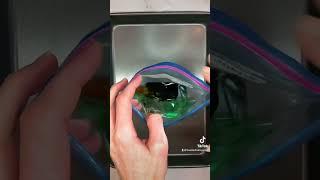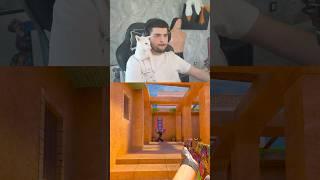
A Beginners Guide to Memory by @TeacherToolkit
Book: https://www.teachertoolkit.co.uk/product/author-signed-the-teacher-toolkit-guide-to-memory/
Webinar: https://www.teachertoolkit.co.uk/product/memory-webinar/
This short video provides teachers with a beginners overview of memory. That ‘learning is a process that leads to change’ and that teachers must figure out what is stored in pupils long-term memory and then manage instruction to maximise memory potential. Teachers who understand memory better = better teachers and students who understand how they learn = learn better.
If we don’t share this knowledge, it becomes a social justice issue and the more information (prior knowledge/cultural capital), the more information can be recalled = The Matthew Effect.
Тэги:
#education #school #@TeacherToolkit #teacher #teaching #students #Memory #Cognitive_Science #Short_Term_Memory #Working_Memory #Cognitive_Load #Long_Term_Memory #Episodic_Memory #Semantic_MemoryКомментарии:

How can we teach students and solidify content if we don't know how their memory works?
I'm still in my infancy of understanding this in order to maximise my teaching and its fascinating to learn, but knowing the basics of skills such as retrieval practice is really helping to move my teaching forward after 10 years. Who knew that you could get 10 years into teaching without knowing about memory properly! It's madness. I can already see how this is going to benefit my students and my lessons long term, and it's quite the exciting journey.
The challenge for me is, how you train students to maximise this so that in between lessons for science (which can be a whole week for 1 year 9 class I have) they have the tools to ensure this learning remains embedded. A school wide shift needs to support this long term for sure.

I have found that I need to repeat, repeat, review, might need to repeat when teaching. It is interesting as it appears that children see a lesson as a stand alone 'thing' and that it it not necessarily going to be used again. When reviewing the learning, this is perhaps an end of unit test, which is sat a week to 10 days later. For some these will mean disaster but others have retained. I explain to the children why we are practising the way we do, they tell me now, we know it is so we can store it in our long term memory, so we can build on our knowledge using what we know to help us solve new things. I believe they should also understand what is happening and why, and its benefit to us. Thank you for your hard work. Kind Regards.
Ответить
Thank You
Ответить

























